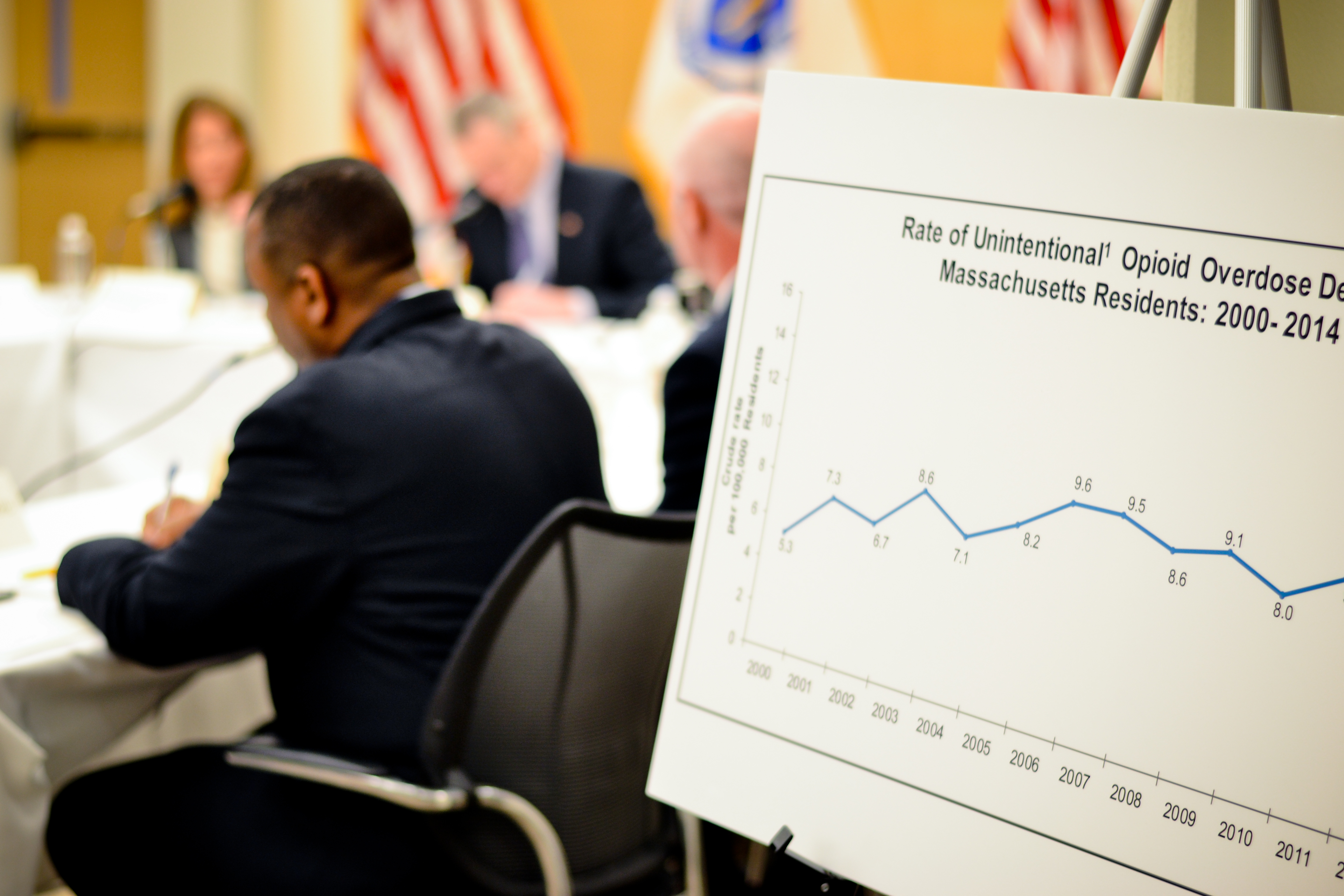There was a rare moment toward the end of the Obama administration when a bipartisan consensus formed. The issue? The dire need for criminal justice reform in this country. After a generation of harsh policies—more prisons, longer sentences, punitive drug laws—influential Republicans and Democrats alike had begun to concede that the system was a massive, expensive failure.
In March of 2015, politicians from both parties joined advocates ranging from the American Civil Liberties Union to the Koch brothers, along with men and women who had been incarcerated, at a remarkable “Bipartisan Summit on Criminal Justice Reform” in Washington, D.C.. Speakers at this packed event openly repudiated the law-and-order rhetoric of the 1980s and 1990s and insisted that criminal justice reform was a moral imperative. There was general agreement that black and brown people, the poor, the mentally ill, and the addicted had paid a disproportionately high price in the War on Crime and the War on Drugs.
By 2016, it appeared that organizations such as the Dream Corps, whose initiative “#cut50” had called for halving our nation’s prison population over the next 10 years.
Then came the unlikely election of Donald Trump as president. Was it possible the reform movement could survive his ascendancy to power?
At first, it seemed so. Just three months after Trump’s inauguration, and with much fanfare, a bipartisan group of U.S. senators announced a bill that would create a National Criminal Justice Commission—the size and ambitions of which hadn’t been seen since the Johnson administration. The goal was to devise concrete proposals to improve policing and prosecution, sentencing, and prisons at every level—local, state, and federal. The bill had the support of Republicans Lindsey Graham of South Carolina, John Cornyn of Texas, and Orrin Hatch of Utah, as well as Democrats Claire McCaskill of Missouri and Kamala Harris of California.
And then … nothing.
Instead of seeing that bill pass, in the following months, Americans witnessed the White House doubling down on the most draconian aspects of our nation’s criminal justice system. When Jeff Sessions became Trump’s attorney general, he began demanding a complete rollback of all Obama-era guidelines for easing up on long mandatory sentences, especially for drug-related offenses, and he issued a formal call for more “aggressive prosecutions.” When President Trump then issued his highly public pardon of former Arizona sheriff Joe Arpaio, a clear message was sent that the administration wanted to go backward to a “law and order” state that emphasized punishment above all.
Instead of seeing that bill pass, in the following months, Americans witnessed the White House doubling down on the most draconian aspects of our nation’s criminal justice system.
By May, the Republican obsession with dismantling the Affordable Care Act had taken center stage in Washington. Then something interesting happened. A few politicians saw this as an opportunity to resurrect at least some measure of criminal justice reform in this country by insisting that any new health care law must include major funding to treat addiction. More specifically, they argued, those addicted to drugs such as oxycodone didn’t need prison, they needed treatment.
And like the earlier calls for criminal justice reform, this one was bipartisan, with Republican senators such as Rob Portman from Ohio as well as Democrats such as Elizabeth Warren from Massachusetts making the case that opioid addiction should not be criminalized.
In fact, never before in our nation’s history had we seen such a vocal and powerful bipartisan push among politicians to make sure that drug addiction, at least addiction to some drugs, is treated like the public health crisis it always was.
Given that by the year 2015 there were a staggering 52,404 deaths from opioid overdose, any funding earmarked to treat those addicted to this class of drugs is to be welcomed heartily and unequivocally.
And yet the fact that those who suffer this particular addiction are overwhelmingly white is not insignificant. That only some of the many citizens who have found themselves trapped and abused in this country’s brutal justice system remained on politicians’ reform radar says everything about whose lives really mattered when the political winds shifted.
Notably, even when the Republican attempt to overhaul Obamacare failed this summer, bipartisan calls to protect opioid addicts didn’t die out. Again, this is a good thing as it suggests that even in the Trump White House, there might remain the possibility of at least some criminal justice reform. But protecting some is hardly protecting all, or even most, of the people who suffer the consequences of criminalizing addiction in this country. Indeed, those very same politicians who continue to clamor for a different approach to opioid addiction are now insisting that we must start “beefing up other tough-on-crime laws” for everyone else.
And, thus, while it is true that the possibility of some criminal justice reform may still exist, what is now on the table isn’t even close to what is needed.
Heather Ann Thompson is a historian at the University of Michigan. She writes regularly on policing, prisons, and justice policy and is also the author of the Pulitzer Prize–winning book, Blood in the Water: The Attica Prison Uprising of 1971 and its Legacy.



0 Comments